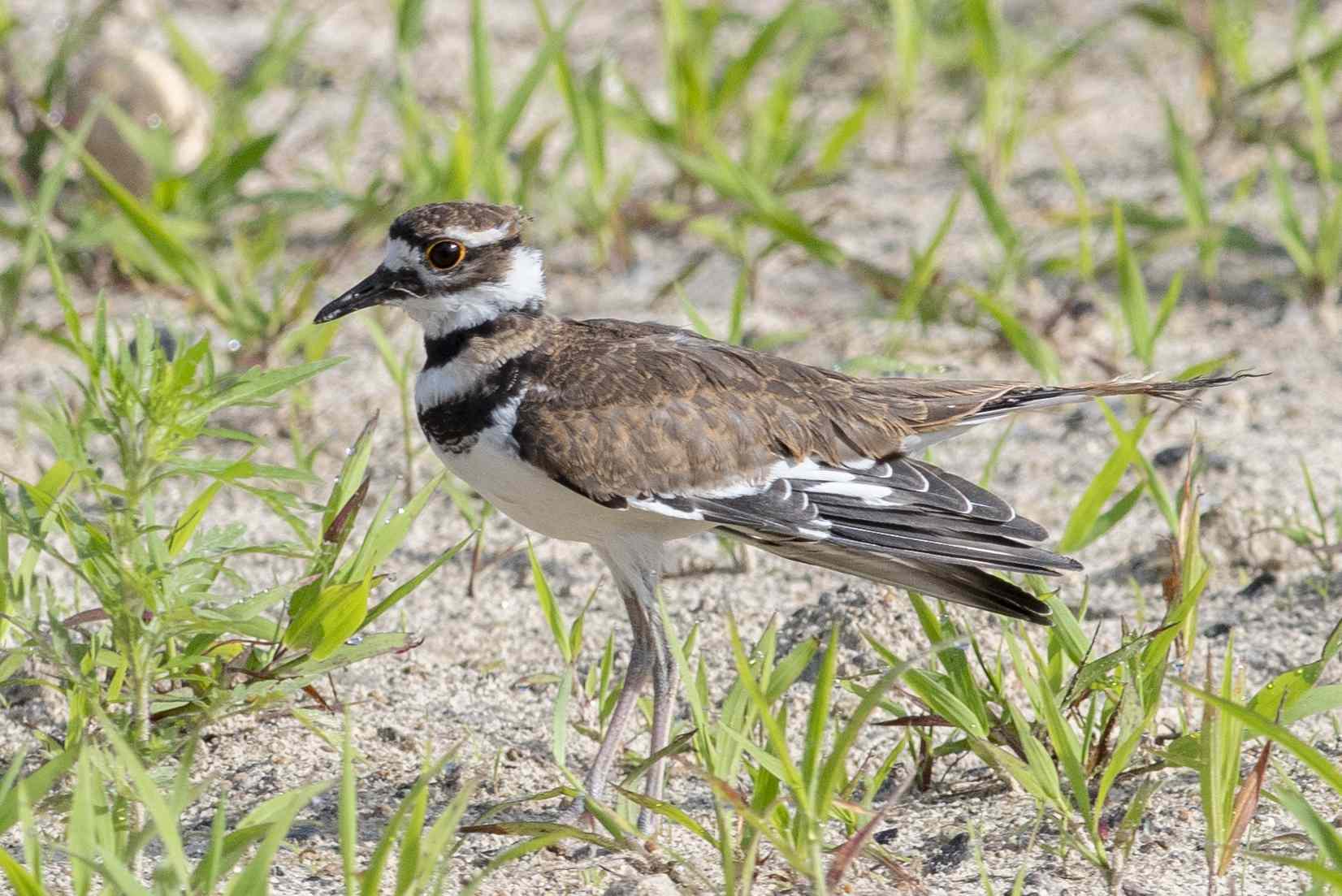Table of Contents
Backyard birders often get attached to their feathered visitors, believing the same birds are returning year after year. While the same species may indeed keep visiting the same yard for many years because it meets their needs, are they really the same individual birds? While there are occasionally unique characteristics that allow individual identifications such as a deformed bill, amputated foot, or leucistic plumage, many birds look alike, and understanding bird lifespans can help birders realize just what birds may or may not be returning to their yards.
How Long Birds Live
Many factors affect how many years a wild bird may live. In general, larger species such as raptors, albatrosses, and large parrots have longer lifespans, and each bird species may have different life expectancies. Other factors that impact bird mortality include:
- Diseases, both individually and epidemics spread among flocks or colonies
- Injuries that can impact breeding success or cause fatalities
- Predators, including the presence of invasive predators
- Availability of resources, including food, breeding sites, and suitable habitat
- Conservation measures, such as captive bird breeding or habitat preservation
- Environmental and artificial threats, such as climate change, oil spills, natural disasters, etc.
- Hunting management and illegal poaching or trapping
- Individual experience, with more experienced birds better able to survive changing conditions
Bird mortality is generally highest in the first year after hatching, and ornithologists estimate that 80-90 percent of baby birds do not live to maturity. Consider that one mated pair of birds may raise multiple broods that could add up to 15-20 or more new birds each year; if mortality was not dramatically high, bird overpopulation would be a serious issue. Because of the high mortality and different factors that affect bird lifespans, however, overall populations can stay relatively balanced.
Calculating Lifespans
It is difficult to calculate bird ages and lifespans. While young birds may develop different types of subadult plumage, once the birds are mature, their feathers do not indicate age. When birds are banded, however, the date of their banding is recorded. If those same birds are recaptured in mist nets or taken in with illnesses or injuries years later, the band can be looked up to determine the bird’s age. This is most effective when birds are banded in the nest because then the date of their hatching is known and their age can be precisely determined if they are recaptured in the future.
What Are Mist Nets?
A mist net is netting that’s usually made of nylon or polyester in varying mesh sizes. Scientists generally suspend mist nets between two poles in a manner that’s difficult for the eye to detect, so they can entangle and capture wild birds and bats for study.
Overall, a lack of data makes it impossible to predict average bird lifespans. When birders see a banded bird, however, they should examine the bands as closely as possible and note any letters or numbers that can be reported. As more data is collected, bird lifespans will be better understood.
Top Bird Lifespans
There are a number of incredible records for bird lifespans, determined by data from banded birds that have been observed multiple times. While these records can change as more birds are banded, and additional data is accumulated, some of the top bird lifespans include:
- Laysan albatross: 65+ years and still living (the oldest living wild bird on record)
- Arctic tern: 34 years, 0 months
- Brown pelican: 27 years, 10 months
- Great horned owl: 27 years, 7 months
- Mute swan: 26 years, 9 months
- Red-tailed hawk: 25 years, 9 months
- Great blue heron: 23 years, 3 months
- Sandhill crane: 18 years, 6 months
- Northern cardinal: 15 years, 9 months
- American robin: 13 years, 11 months
- House sparrow: 13 years, 4 months
- Wild turkey: 12 years, 6 months
- Killdeer: 10 years, 11 months
- Eastern bluebird: 10 years, 5 months
- Ruby-throated hummingbird: 9 years, 0 months
How Long Birds Live in Captivity
Birds in captivity generally live longer than their wild counterparts because they are not subject to the same hazards and stresses of survival that wild birds face. Captive birds never lack food, are not usually stalked by predators, don’t need to expend energy to forage or migrate, and often have access to the proper veterinary care, making them less susceptible to injuries or illnesses. Properly cared for, birds in zoos, aviaries, or even kept as pets may outlive wild birds by many years. Not all bird species adapt well to captive conditions, however, and some species may have shorter lifespans because of the stress of captivity or improper care.
Bird life expectancies and lifespans can vary greatly, and while ornithologists do not yet have conclusive data available to predict how long birds will live, understanding the factors that affect bird longevity is the first step every birder can take to helping birds live long, healthy lives.



